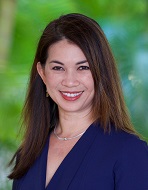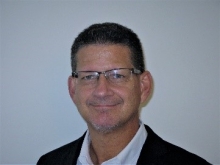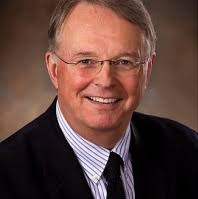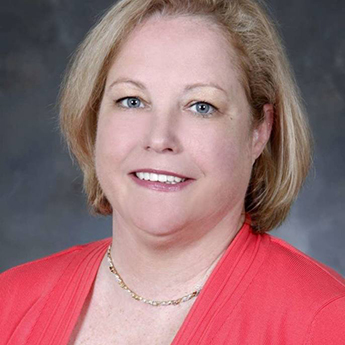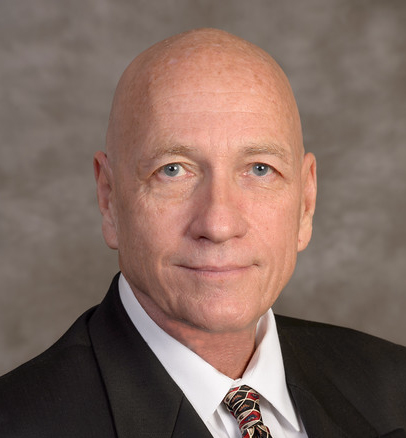Onboarding Best Practices for Millennial and All Employees
Reducing turnover and fast-tracking new employees to productivity is a key business imperative. The reality is that about 30 percent of employees don't make it past their first year and it's expensive.
Good recruitment and hiring can be quickly undone by disorganized poorly executed new employee orientation. And as millennials become a driving force in the workplace, they represent special opportunities and challenges.
Every generation has unique needs and millennials are no different. However, a good onboarding practice for millennials is generally good for everyone. This is an opportunity to step up our game. The research is clear, a systematic comprehensive onboarding process is good business. In fact, formal onboarding increases the chance of keeping a new employee for at least 3 years by 69 percent and one study showed employees were productive two months earlier with an effective program.
Employees get up to speed quickly and stay on the job longer when their first-year experience is well managed. Best practices onboarding integrates the employee into the company through socialization, acculturation, training, and coaching. The result is employees who clearly understand their role and feel connected to the company. We'll show you how best-of-class programs start onboarding during the recruitment and have a systematic program for the first year of work.
This webinar gives you the key components to a cost-effective onboarding plan that will increase retention and productivity.
- The purpose and benefits of a great onboarding program
- Understand the 5 key components of the best practices onboarding program
- Understand the four "C's": Compliance, Clarification, Culture, Connection
- 8 Tips for enhancing millennial onboarding
- Applying gamification to onboarding - why and how
- How to structure a comprehensive onboarding plan?
- Nurturing millennials from the start
- Five metrics to help measure the effectiveness
- How to build connections with new hires?
- Quickly getting millennials to their full potential
- How do retention interviews support onboarding?
- Receive an assessment of your onboarding program
- Receive coaching and mentoring questions to build engagement and loyalty
- How to use technology to modernize your program?
- Best practices for effective programs
- Problems and pitfalls to avoid in building your program
- Tips and ideas to make your program more effective
- Handouts and samples
- Coaching questions for retention and engagement
- Onboarding program assessment
- List of 100+ onboarding best practices
Effective onboarding ensures employees become more productive and effective more quickly, increases engagement, and improves retention. Onboarding best practices are a competitive advantage for companies that want to succeed.
- Human Resources professionals
- Leaders
- Supervisors
- Organizational development
Bob Verchota, SPHR, is the President and owner of RPVerchota & Associates, a human resources and management practices consulting firm. He has over 30 years of human resources and operational leadership experience. His most recent corporate assignments include serving as VP Support Services, VP of Ancillary Services and Human Resources, and VP Human Resources. Focus areas include organization change and employee development, talent acquisition, risk management, compensation and benefits, labor and employee relations, performance improvement, and other operational issues.
Academic pursuits include an undergraduate degree in Business Administration, graduate degree in Healthcare Administration (MHA), and doctoral work in Organization Development EdD (abd). He has taught at the technical, baccalaureate, and masters levels in several colleges and universities.
Upcoming Webinars



